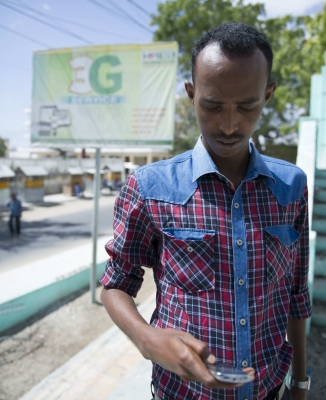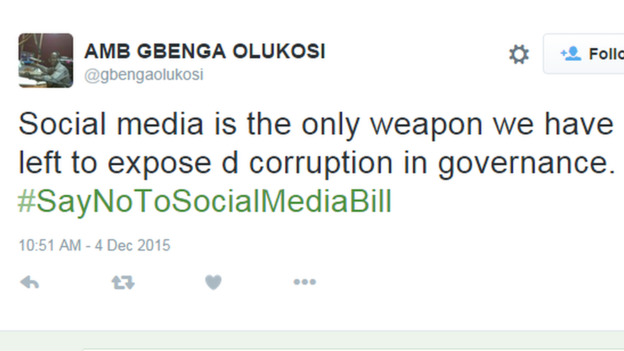
Over the last decade, Africa has witnessed the most tremendous growth in mobile phone penetration. The region currently has the highest global growth rate in mobile subscribers as well as a huge market for smartphone and other innovative mobile devices.
One of the obvious results of this tremendous increase is the improved economic situation on the continent. For instance, in a report published on the International Labor Organization (ILO) database indicated that about $75 billion was generated by the continents’ mobile ecosystem in 2013 alone. The same information stressed that the contribution of the mobile ecosystem to African’s GDP is expected to increase to $104 billion by the year 2020 (Source: Techcabal.com).
Apart from the unprecedented contribution to the region’s economic growth, mobile technology is also changing almost all aspects of life in the continent of Africa. One of the most obvious areas that have been greatly revolutionalized by mobile technology is the health care system. The increased use of mobile technology among African populace means that more and more Africans now have easy and faster access to healthcare tips. They also have improved and increased access to medical consultant services provided by online-based medical service providers. In addition, they are taking advantage of the various online websites/resources to find information on basic health home care, health and nutrition tips etc. These tips are widely shared on Facebook, Twitter, Whatsapp etc.
The tremendous mobile penetration recorded in Africa continent also ushered in huge information revolution across the continent. This is actually the first significant revolution that can be attributed directly to increased usage of mobile technology in the continent. For instance, the increased usage of mobile phones among Africans has inevitably lead to wide accessibility of the internet from mobile devices. Consequently, Africans, especially the youth, now have unrestricted access to social networks, which promote civic participation and self-expression, thereby influencing governance, elections and accountability among office holders.

Most social networks also have mapping technologies that made it easier for government and relevant authorities to tackle any emerging issues that affect the citizens. Nigeria, Africa’s biggest economy, boasts a vibrant social media scene, fueled by a rapid increase in mobile phone usage (Source Aljazeera). Nigeria has a vibrant civil society, with many activists who use social media for their campaigns. It has the largest number of mobile phone users in Africa (Source BBC). Social media is indeed a powerful weapon — supported largely by mobile phones and devices.
The impact of mobile phones and technology on society and politics is significant and likely to increase. Here are 2 instances that illustrate this. A study by a Professor at the University of Washington summarizes this as follows: “Our evidence suggests that social media carried a cascade of messages about freedom and democracy across North Africa and the Middle East, and helped raise expectations for the success of political uprising” (Source Washington.edu. In Nigeria, in recent years, growing numbers of young people have used platforms such as Twitter and Facebook to rally around issues and express their concerns about the state of the country. (Source Aljazeera). There has been an outcry on social media about the social media bill (Source BBC). The fact that this bill was initiated and the online reaction to this both demonstrate the increasing power of technology and mobile phones.
Huge mobile phone penetration is also changing financial services in Africa. This is most notable in the area of mobile payment. A very good example is Kenya’s M-PESA, which is a pioneering technology in mobile payment. In Nigeria, the nation’s emerging mobile payment scheme is being dominated by Paga. The activities of these mobile payment providers have simplified the overall banking experience of Africans. Additionally, mobile payment services have also increased access to financial markets, a situation that enables Africans to enjoy increased accumulation of savings and affordable credits. This will help to minimize the incidence of poverty among the population in the long run.
Activities in the continent’s retail sectors are also being influenced by the increased use of mobile phones. Specifically, many innovative retail outlets are currently tapping into huge potential obtainable from mobile commerce. Shopping online is becoming increasing popular, thereby improving the retail services in various parts of Africa, where retail penetration is at its lowest. Unlike mall infrastructures, mobile commerce is also making African retail market to become less capital-intensive and this means more profits and revenues for IT-conscious entrepreneurs.
The increased usage of mobile phones is also having significant influence in critical sectors of the economy such as education, agriculture, and health. The availability of Smartphone and tablet has enabled African scholars to have increased access to a wide variety of digital books. It has also helped more Africans to sign up for various online courses, offered by American and European based tertiary institutions. This trend has greatly improved the literacy rate of the African continent as well as the professional skills of Africans. The result is further boosted by the participation of online-based corporate organizations, whose ultimate goal is to improve Africans’ access to digital content. Examples of such organizations are WorldReader and Binu. In the area of agriculture, mobile technology is helping farmers to obtain useful agricultural tips, weather information and real-time market prices of agricultural products.

The high mobile penetration in Africa continent is slowly but surely improving the lives and well-being of ordinary Africans. Apart from creating new opportunities, the increased mobile usage is also helping to recreate already existing industries. It offers the immense potential of helping to bridge the gap existing between the rich and the poor as well as the urban and rural dwellers.
Image Credits:
https://upload.wikimedia.org/wikipedia/commons/4/49/Alshabaab_Mobile_Pho... - By English: AMISOM Public Information (Flickr) [CC0], via Wikimedia Commons
https://newsmakersng.com/africa-713336/
